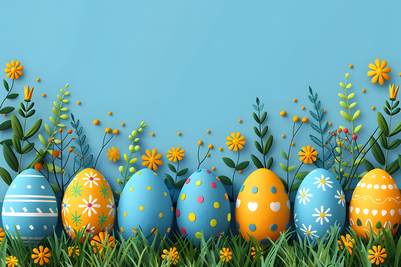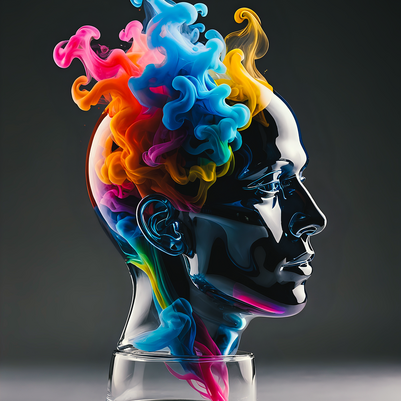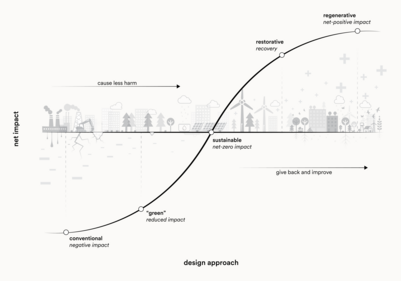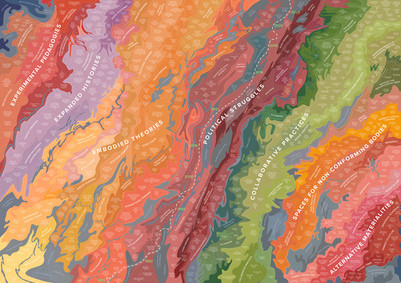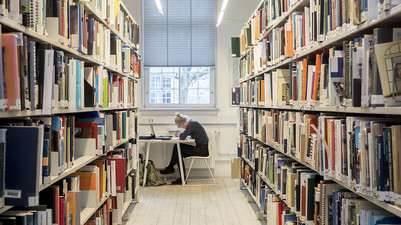
About the programme
This programme combines artistic expression with entrepreneurial skills, empowering students to either launch their own business or become valuable contributors in established companies.
Students delve into the rich regional, national, and international traditions of crafts, exploring their cultural significance and modern evolution. The curriculum emphasizes contemporary advancements, including innovative production methods, cutting-edge technologies, and sustainable practices.
The heart of the programme is the glass and ceramics workshops. Here, students refine their ability to shape form, function, and artistic expression while experimenting with a wide variety of materials. The workshops provide a dynamic environment for hands-on learning, creativity, and exploration.
To bridge education with real-world experience, all students undertake internships in their fourth and seventh semesters. These internships enhance professional skills, build confidence, and expand students’ networks and understanding on how to run a business within the crafts field.
The programme offers two fields of study — glass and ceramics — tailored to their distinct practices and cultures. While the structure and core content are consistent across the programme, students specialize in one of these fields, developing unique competencies as makers within their chosen craft.
Teaching methods are diverse and dynamic. Courses in material workshops focus on technical proficiency and experimental idea generation. Students engage with teachers through hands-on guidance, project supervision, and lectures. Collaborative teamwork, discussions, and field trips further enrich the learning experience. Throughout the programme, students have the opportunity to conceive and realize their own projects, from initial sketches to fully realized works in glass and ceramics.
Courses
Courses
- In the first semester, we investigate utility and form in glass and ceramics through different techniques and methods. Students are trained in these techniques through shorter courses such as glass blowing, clay throwing, glaze chemistry, plaster work and more. The methods introduced are based on classic design thinking as well as experimental approaches that can help students develop a new understanding around working with glass and ceramics. The semester introduces the practical, theoretical and artistic aspects of crafts based on technological, material and artistic experimentation.
- The second semester introduces different digital and analogue technologies — with personal artistic expression as the focal point.
- The third semester aims to strengthen students’ entrepreneurial and professional competencies and prepare them for their internships in following semesters. The longer project in the third semester focuses on how glass and ceramics can be used in spatial thinking. We work with large-scale pieces and learn how they can take part in an urban environment.
- The fourth semester includes a theoretical assignment investigating how crafts are connected to the global economy through networks. Besides, the theoretical assignment is also where the first internship takes place.
- The fifth semester focuses on business collaboration on a strategic level. It includes a longer project where students independently work with their chosen discourse and intention within the field of crafts.
- The sixth semester clarifies processes and positioning to foster students’ understanding of their own professional identities and qualifications for future practice within the field of crafts. The programme’s final project also takes place this semester; here, students carry out fully-developed projects in glass or ceramics.
- The seventh semester includes the second internship.
Language
Language
English.




